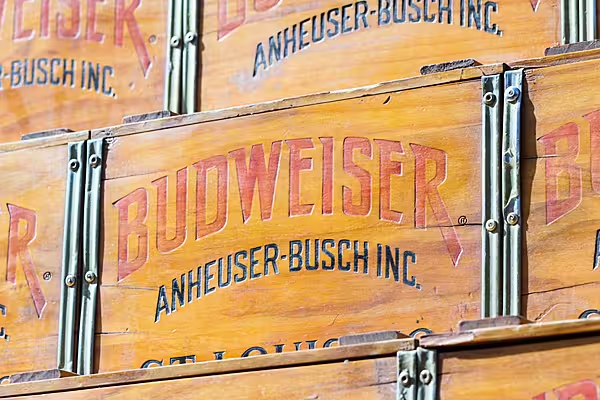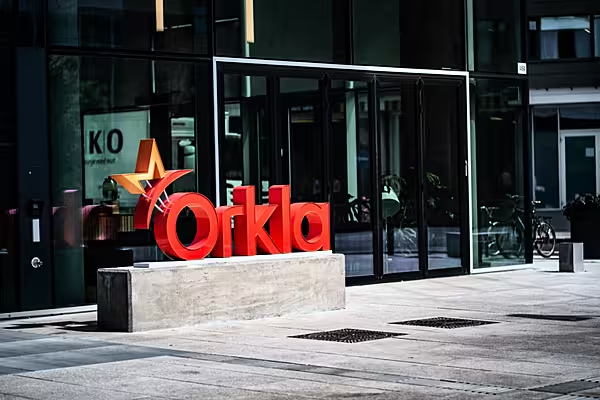Anheuser-Busch InBev suffered a sharp slide in earnings in the second quarter and took a $2.5 billion (€2.13 billion) impairment charge, reflecting risks in Africa from the COVID-19 pandemic, but said it was encouraged by a global beer sales recovery in June.
The maker of Budweiser, Corona and Stella Artois suffered shutdowns of its operations in Mexico, South Africa and Peru and the closure of bars in most markets in April, reducing its beer sales by nearly a third.
However, the following months brought improvement, with a significant recovery in Mexico and South Africa, year-on-year growth in Brazil and record volumes in China in June, resulting in beer sales growth of 0.7% from a year earlier.
'Reinforced Confidence'
"We came out of the quarter with reinforced confidence in the resilience of our business and the global beer category," the company said in a statement.
AB InBev said it was excited by the reopening of bars, but cautious given renewed restrictions in certain markets and a second ban of alcohol sales from mid-July in South Africa.
The world's largest brewer said it had conducted a review of the impact of the pandemic on its business. Under a worst case scenario, given a 30% chance, it concluded it risked impairment in Africa and decided to take a $2.5 billion non-cash charge.
It added that a base case, which would lead to no impairment, was the most likely scenario.
Africa Business
Africa was among the crown jewels secured in AB InBev's near $100 billion purchase of nearest rival SABMiller in 2016.
The Belgium-based company said overall beer volumes had fallen by 17% and core profit by 34% to $3.41 billion on a like-for-like basis, better than the declines of respectively 23 and 36% in a company-compiled poll.
News by Reuters, edited by ESM. Click subscribe to sign up to ESM: European Supermarket Magazine.











